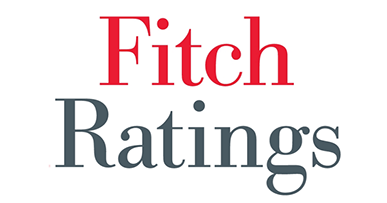According to Fitch Ratings, the net profitability gap between Bermuda-incorporated and non-Bermuda-incorporated companies is expected to narrow over time given the implementation of the OECD-led multilateral agreement to establish a global minimum tax rate of 15%.
The ratings agency warned that while the overall benefits of maintaining a domicile and operating in the Bermuda market are likely to continue, the gap in net profitability between companies incorporated in Bermuda and outside Bermuda should decrease over time.
According to Fitch, “Bermuda continues to benefit from its position in the global re/insurance market, with proven underwriting expertise, strong and efficient regulatory administration, Solvency II equivalency and reciprocal jurisdiction status with the United States. -United”
Bermuda previously resisted passage of the Tax Cuts and Jobs Act of 2017 (TCJA) which lowered the US corporate tax rate from 35% to 21% and established the anti-abuse and anti-abuse tax. base erosion (BEAT).
“The TCJA has reduced the long-standing tax advantage for companies incorporated in Bermuda over the United States to a greater extent than expected with the adoption of a worldwide minimum tax rate of 15%,” said Fitch.

However, while the new global minimum tax rate of 15% will narrow the gap between the effective tax rate of non-Bermudian re/insurers and Bermudian re/insurers, the gap may still persist and an advantage still evident , as most global jurisdictions are likely to keep their tax rates above the minimum anyway.
Bermuda-based re/insurers enjoy a low effective tax rate due to Bermuda’s lack of corporate income tax. However, Bermuda companies pay taxes to other jurisdictions given the international and diverse nature of their operations. These companies also pay US excise tax on US premium payments to foreign affiliates.
The rating agency noted that Bermuda companies responded to the adoption of the TCJA with various strategic changes in the way they manage offshore operations to offset the overall negative impact of the tax change.
Additionally, Bermuda-based business start-up and expansion training continued, particularly in response to underwriting opportunities in the hardening market environment.
Additionally, many Bermuda entities have filed 953(d) elections to be taxed as if they were a US corporation, in part because it eliminates the requirement to pay the BEAT.
Fitch believes its reinsurers will have time to make the necessary adjustments before the tax is implemented, which should serve as a catalyst for price increases to help offset the additional costs.
However, Fitch views the current target effective date of 2023 as aggressive, given the large number of countries that need to pass legislation.


